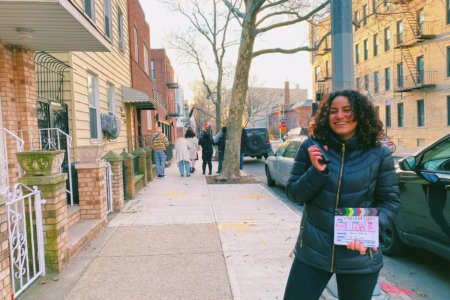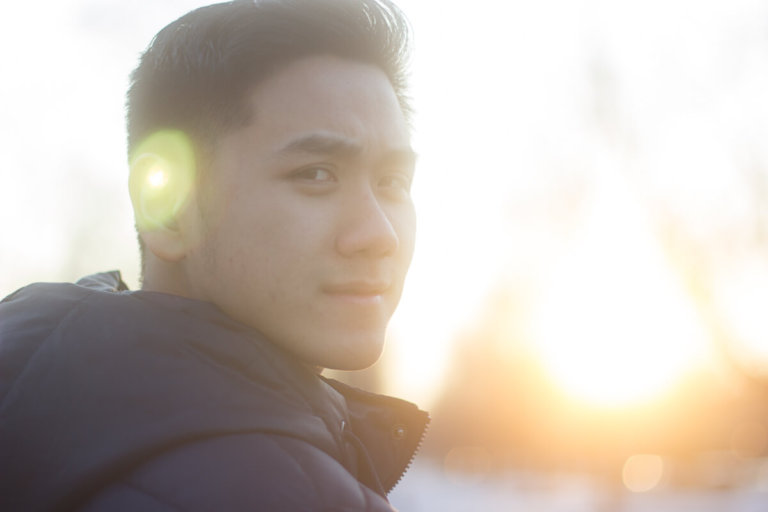
Bobby Tan always dreamt of studying film production at one of the unis near Hollywood. He traces his passion for the big screen back to watching the film “Jurassic Park” for the first time when he was six years old and wanting to dissect all technicalities behind the scenes.
After extensive research, he decided on the University of Buffalo. It’s close to New York City, more affordable and has its own film production department and building. What more could the Malaysian from the seaside town of Kuantan like himself ask for?
Soon his flight was booked, his bags were packed and he was en route the land of the free — his first step towards joining the US$42billion global film industry. We speak to Tan below about his American university experience, leading the Malaysian Student Association and what he’s been up to since graduating:
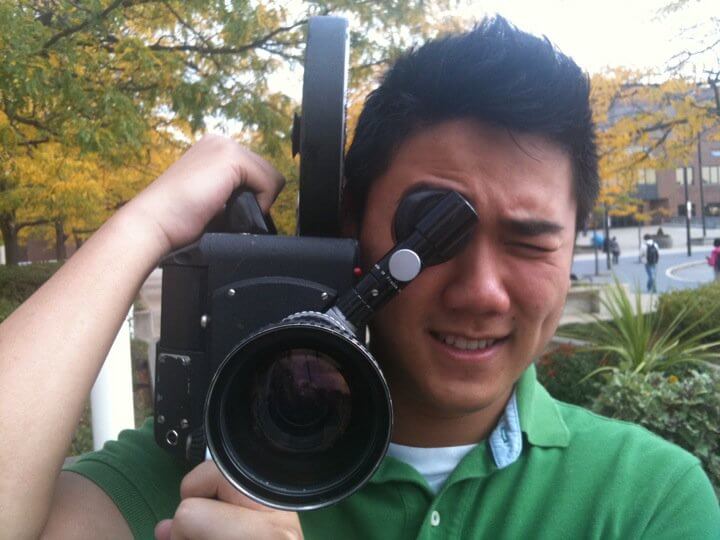
Pursuing a career in film can be very rewarding. Source: Bobby Tan
What’s the backstory for your passion for film and video?
My father used to take me to the cinema every weekend when I was younger and although I don’t remember many of the films we watched, I do remember being quite technical about it. When I was around six, he took me to see “Jurassic Park” because I was a huge dinosaur fan (and still am to this day!).
After watching the film, I remember non-stop asking him all these technical behind-the-scenes questions that probably only Steven Spielberg could explain to me perfectly at the time. However, my father did discuss robotics, green screen and special effects with me which ignited my curiosity over the years only growing my passion for this industry.
Fast forward now, here I am lending a voice to unsung heroes through my lenses. Through this never ending pursuit of passionate storytelling, I strive to change the world for the better with skill sets I possess.
Tell us more about your career trajectory since graduating from the University of Buffalo.
Right after graduation, I enrolled myself in multiple film festivals across the US and submitted my college final project which won an award in Santa Monica, California. This gave me the inspiration to continue pursuing film production.
Shortly after, I started working with a documentary film directory in New York — I learned so much from him. A couple of years later, I thought it would be more practical to bring everything I learnt in the US back to Malaysia and start a business there.
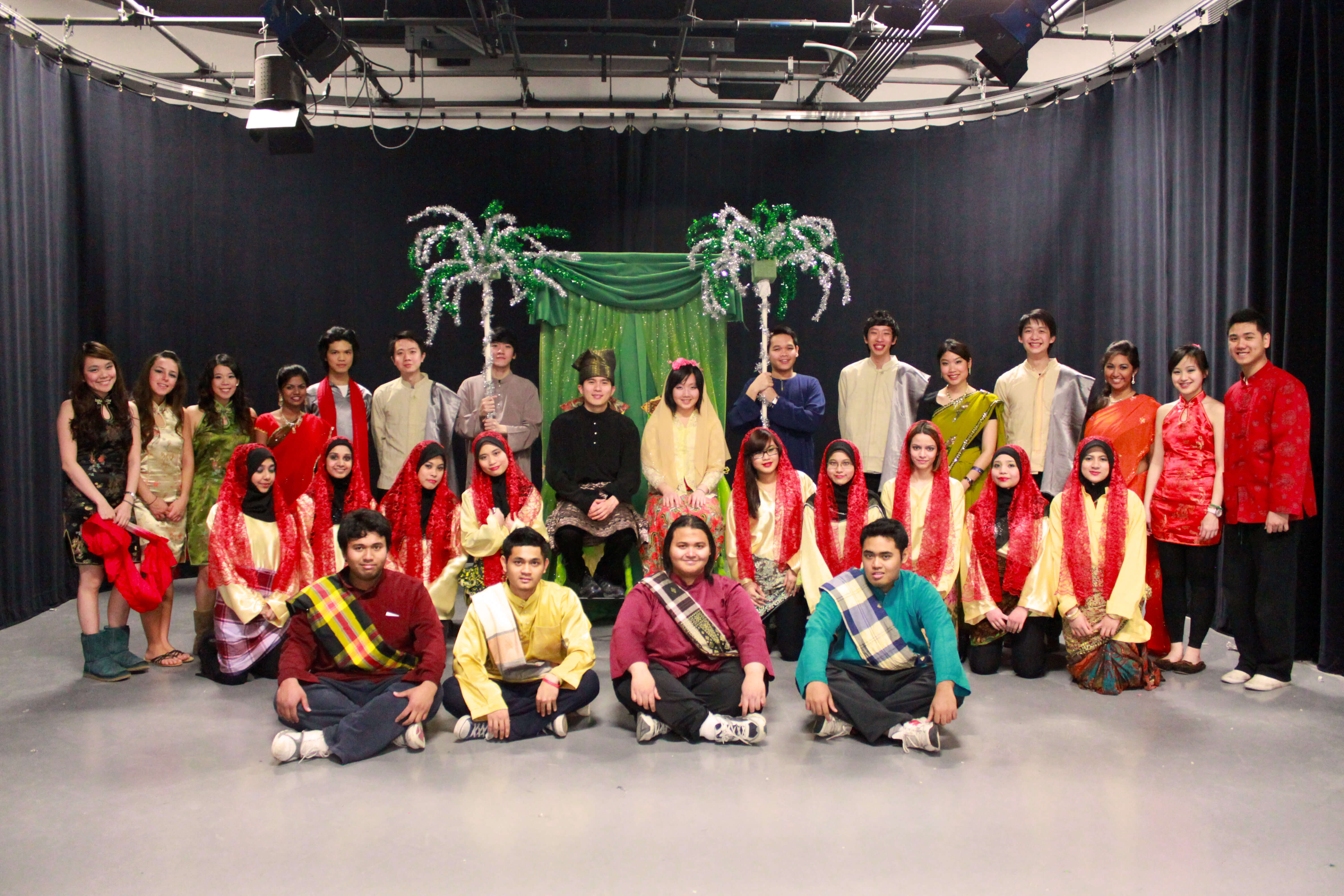
Tan always dreamt of studying film production at prestigious places like the University of California Los Angeles or University of Southern California but the costly tuition fees wasn’t for him. Source: Bobby Tan
Today I run my own production company, shoot corporate videos, ad campaigns and documentaries all across Southeast Asia, New York and Los Angeles.
Do you think it would have made a difference if you studied at a local institution?
For sure, studying in the US broadened my horizons. It’s not that the local institutions wouldn’t offer the same values, but it’s the cultural differences that made my studies in America a little more valuable.
I like to express my true self through my art and work instead of tiptoeing around topics that matter to me. I thought this would be the case if I had studied at a local institution in Malaysia. I’ve been told many times that New York provides a stigma-free environment and a completely new schooling system gave me an excellent peek into both worlds. Through this experience, I’m able to put myself in other people’s shoes easily which helps me gain new perspectives.
What were the practical learning elements in your course? Do you get to apply them in your current job role?
As a director, I must be able to connect with everyone on set and I think it’s important to also treat everyone with respect. It should be something to reciprocate, I can either be an asshole or a total people pleaser which isn’t practical to be on an extreme end of the spectrum.
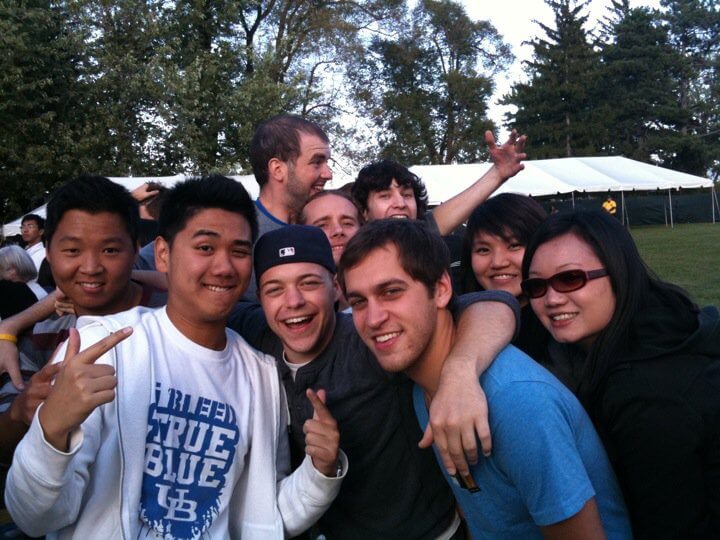
Jurassic Park inspired Tan to ask a lot of technical questions about what happens behind the scenes and inspired him to pursue a life in film. Source: Bobby Tan
Filmmaking is not about memorising theories or solving equations, it revolves around teamwork — a system that runs on multiple levels of creativity. Most of my courses were team-based projects which in turn has me dealing with all kinds of people from around the globe. This helped me find the perfect balance and develop a certain level of empathy to allow people to be themselves around me.
Back in 2015, I was shooting a documentary in a rural village in Cambodia and I met this young volunteer who was building latrines for the villagers. We started talking and he agreed to be interviewed by me. The sessions became so conversational, it didn’t feel like an interview anymore and it got to a point where he got emotional and poured his heart out to me.
We both cried, the cameraman cried and everyone who saw that documentary cried. I think that is the most rewarding thing about my job, it makes me feel so much closer to people.
What skills or knowledge do you wish you had learned more during your time at the University of Buffalo?
I wish I learned more about special effects and animation back in college. Besides film, I’ve always had the passion for animation and the gaming industry. If I had these skills today, I would be making extra money working on programming, designing games or designing disney animations from home.
What advice do you have for international students who are planning to enrol in the same course you did?
I’d say: GO ALL OUT. Be transparent, wear your heart on your sleeve and don’t be afraid to voice your opinion. From my experience, those who acknowledge your honesty are the ones worth keeping in your life.
This acknowledgment shows that they care to know more about you and want to learn more about your culture. This puts you in a positive environment that can really help with team projects and study groups.
What’s one thing from home you missed and how did you substitute it?
Food! I love Malaysian food so much and I didn’t know the extent of it until I moved to the US. To substitute my cravings, I would try to make different kinds of local foods for my housemates and I. It’s not the exact taste from home, but I managed to meet fellow Malaysians at the University of Buffalo who have impeccable talent in making home cooked foods.
I eventually joined the Malaysian Student Association and was president of this club for two years. It was truly an amazing experience because these guys made me feel like I was at home. We organised so many activities for both American and Malaysian students which provided a window to local and international students to learn more about each other and accept the cultural differences.

Living in New York helped broadened Tan’s mind. Source: Bobby Tan
Where do you see yourself doing in ten years?
Honestly, there’s nowhere else in this world I would like to live than in Malaysia. This country will always be my home no matter where my job takes me — home is where the family is. The perks about being in this industry is that most of my jobs run on a project basis — it could be South Africa shooting a documentary for a few months or back in New York working on another film with my ex boss.
Ultimately though, I do see myself living in London working for the BBC as part of their production crew. It’s always been a dream of mine to join their company and work on a discovery project together.









